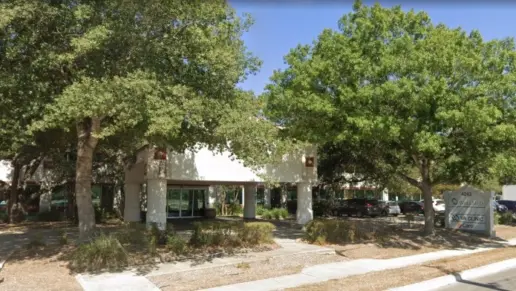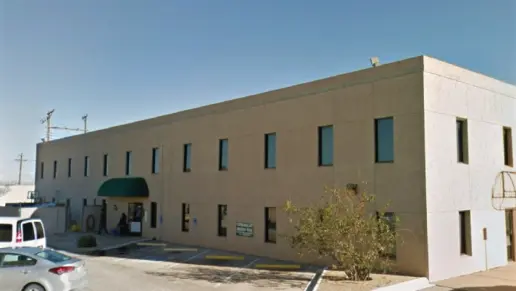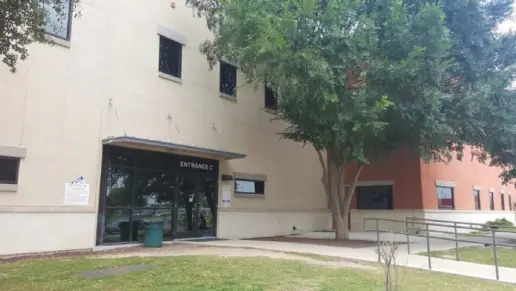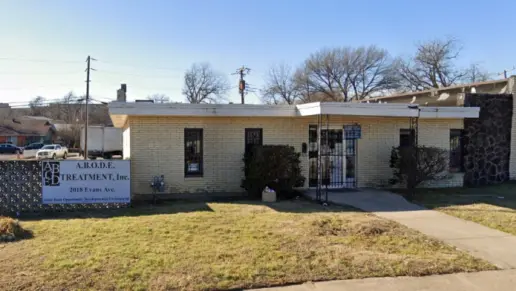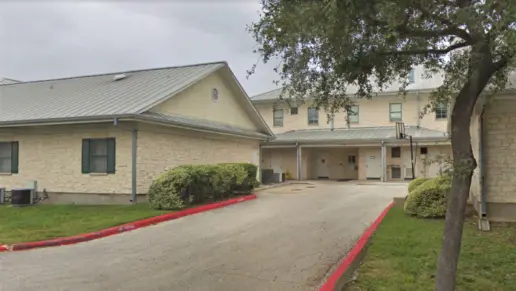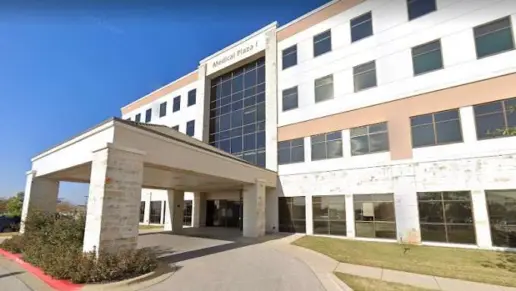About Covenant Hills Treatment Center
Covenant Hills is a faith-based Christian rehab facility located in Boerne, Texas with dedicated programs for adults struggling with drug and alcohol addiction. This drug rehab facility offers medical detox, residential inpatient treatment, partial hospitalization, intensive outpatient, and aftercare to its clients.
Individuals are required to detox before entering into another program. During detox, clients are monitored by medical staff administer the needed medication to minimize withdrawal symptoms. Individualized treatment plans are created this time to help transition the client into residential treatment after completing detox.
The residential treatment plan at this facility is highly structured and gender separated into different commercial residences. Clients will attend educational lectures, process groups, and individual counseling. During the client’s stay, they will address the psychological, physical, and spiritual implications of long-term substance abuse.
Outpatient services provide resources and support during the day and allow the client to return home at night. Depending on the severity of the abused substance, clients will attend treatment daily or weekly through individual and group therapy sessions. During their sessions, clients will build effective coping and relapse-prevention skills while sharing their experiences with others.
Those who have graduated from their program will have access to aftercare. This entails emotional support, building upon life and coping skills, and recovery education.
Covenant does not list specific insurance groups however, commercial health insurance groups do typically cover drug addiction services. Some major service providers include Aetna, Amerigroup, United Healthcare, Ambetter, and BlueCross/BlueShield. This is in addition to Cigna, Humana, Beacon, Anthem, ComPsych, and Magellan Health. Those with out-of-network benefits are advised to contact their provider to verify their coverage.
Rehab Score
Gallery

Location
Accepted Insurance
Other Forms of Payment
Private insurance refers to any kind of healthcare coverage that isn't from the state or federal government. This includes individual and family plans offered by an employer or purchased from the Insurance Marketplace. Every plan will have different requirements and out of pocket costs so be sure to get the full details before you start treatment.
Self-pay involves paying for treatment out of your own pocket. You can use savings or credit, get a personal loan, or receive help from family and friends to fund your treatment. If you don't have insurance or your insurance plan doesn't cover a specific program, self-pay can help ensure you still get the care you need.
Medicare is a federal program that provides health insurance for those 65 and older. It also serves people under 65 with chronic and disabling health challenges. To use Medicare for addiction treatment you need to find a program that accepts Medicare and is in network with your plan. Out of pocket costs and preauthorization requirements vary, so always check with your provider.
Addiction Treatments
Levels of Care
Treatments
The goal of treatment for alcoholism is abstinence. Those with poor social support, poor motivation, or psychiatric disorders tend to relapse within a few years of treatment. For these people, success is measured by longer periods of abstinence, reduced use of alcohol, better health, and improved social functioning. Recovery and Maintenance are usually based on 12 step programs and AA meetings.
During rehab in Texas, you'll deal with underlying issues that contribute to addiction. By addressing these challenges and learning healthy ways to cope with them, you'll develop strategies that help you live a drug-free lifestyle.
Covenant Hills is a dual diagnosis treatment center for women only. They specialize in helping women who suffer from drug addiction and/or alcoholism, while also addressing any emotional or psychiatric issues that may be contributing to the addiction problem. They believe that this can only be done properly in a gender specific environment with an experienced and understanding staff of women who both understand and relate to the issues that each of our female clients present.
A combined mental health and substance abuse rehab has the staff and resources available to handle individuals with both mental health and substance abuse issues. It can be challenging to determine where a specific symptom stems from (a mental health issue or an issue related to substance abuse), so mental health and substance abuse professionals are helpful in detangling symptoms and keeping treatment on track.
Opioid rehabs specialize in supporting those recovering from opioid addiction. They treat those suffering from addiction to illegal opioids like heroin, as well as prescription drugs like oxycodone. These centers typically combine both physical as well as mental and emotional support to help stop addiction. Physical support often includes medical detox and subsequent medical support (including medication), and mental support includes in-depth therapy to address the underlying causes of addiction.
Programs


Clinical Services
The goal of cognitive behavioral therapy (CBT) in Texas is to change thought patterns, which leads to changes in behavior. Specific techniques during CBT can include self talk, SMART goals, journaling, and positive activities.
Treatment that takes a dialectical behavior therapy approach focuses on four strategies. Distress tolerance will help you accept and tolerate intense emotions. Emotional regulation will teach you to manage those emotions. Mindfulness will keep you in the present moment instead of regret or worry. Interpersonal effectiveness will teach you to manage your relationships.
Group therapy is any therapeutic work that happens in a group (not one-on-one). There are a number of different group therapy modalities, including support groups, experiential therapy, psycho-education, and more. Group therapy involves treatment as well as processing interaction between group members.
In individual therapy, a patient meets one-on-one with a trained psychologist or counselor. Therapy is a pivotal part of effective substance abuse treatment, as it often covers root causes of addiction, including challenges faced by the patient in their social, family, and work/school life.
Therapy sessions that incorporate motivational interviewing focus on OARS: open questions, affirmation, reflections, and summarizing. This facilitates an exchange of information and an empowering of the client to decide for themselves what changes might need to be made in their lives.
Trauma therapy addresses traumatic incidents from a client's past that are likely affecting their present-day experience. Trauma is often one of the primary triggers and potential causes of addiction, and can stem from child sexual abuse, domestic violence, having a parent with a mental illness, losing one or both parents at a young age, teenage or adult sexual assault, or any number of other factors. The purpose of trauma therapy is to allow a patient to process trauma and move through and past it, with the help of trained and compassionate mental health professionals.
They specialize in “Whole Person Health”; a comprehensive treatment approach that incorporates heart change that leads to life change. The goal is to see this Wholeness positively impact the health of the entire family, not just the struggling addict.
Nutrition therapy, aka medical nutrition therapy (MNT), is a way of treating physical, emotional, and medical conditions through diet. Specific dietary plans are designed by professional nutritionists or registered dietitians, and patients follow them in order to positively affect their physical and mental health.
Amenities
-
Private Setting
Staff & Accreditations
Staff

Chief Operating Officer
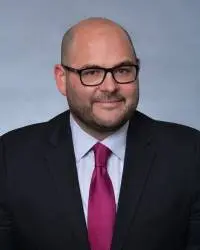
Chief Development Officer

Clinical Director
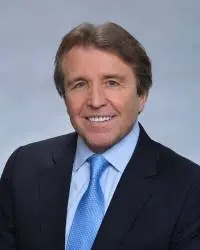
Therapist
Accreditations

The Commission on Accreditation of Rehabilitation Facilities (CARF) is a non-profit organization that specifically accredits rehab organizations. Founded in 1966, CARF's, mission is to help service providers like rehab facilities maintain high standards of care.
CARF Accreditation: Yes

The National Association of Addiction Treatment Providers (NAATP) is a professional association that represents organizations in the field of addiction services. Founded in 1978, NAATP's mission is to advance addiction services and ensure that high-quality addiction treatment is available and accessible.
NAATP Member: Yes





